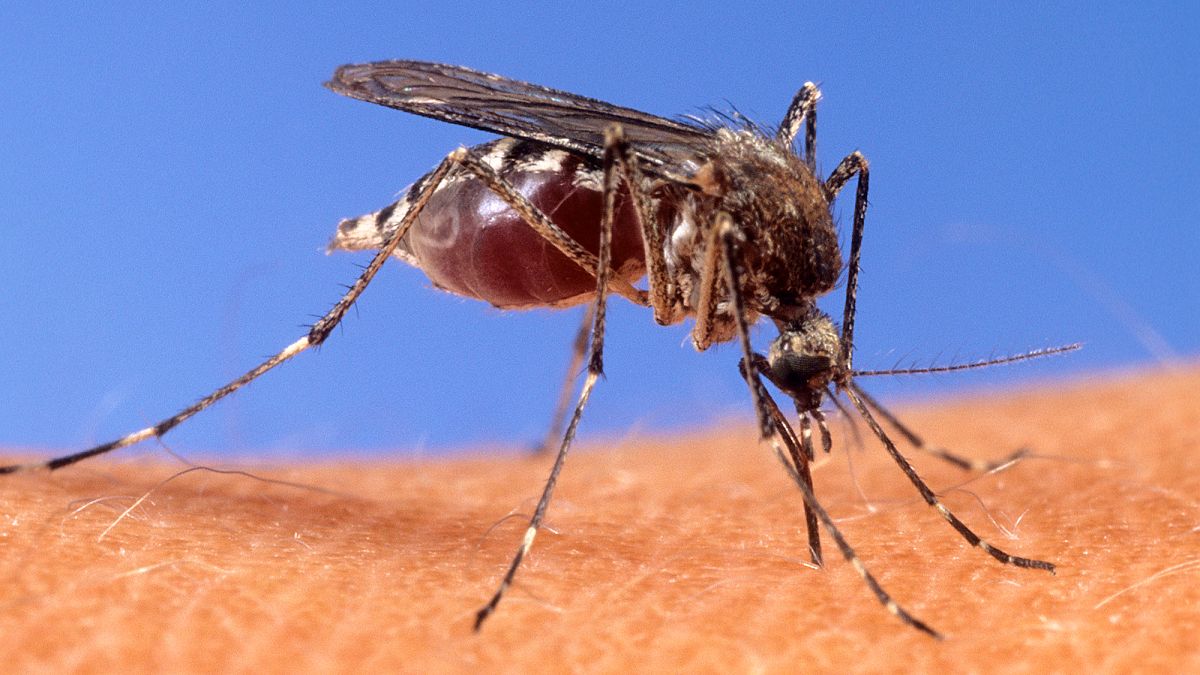

In the gentle embrace of summer, as the sun casts its warm glow, a collection of health and environmental insights emerges to remind us of the delicate balance our world upholds. From the picturesque towns of Italy to the bustling streets of England, and the revered halls of academia, pressing stories beckon with tales of resilience and caution in the face of global health challenges.
Italy, with its rich landscapes and vibrant culture, finds itself at the heart of a concerning health issue as it reports 32 cases, including two fatalities, of the West Nile virus within its borders. Predominantly affecting the province of Latina, located approximately 100 kilometers south of Rome, this mosquito-borne illness underscores the broader narrative of ecological interactions affecting human health. As we collectively navigate such challenges, the importance of public health measures becomes ever more pronounced, urging us to foster environments that mitigate such outbreaks.
Across the channel, the United Kingdom is coming to terms with systemic disparities in healthcare as highlighted by a recent study focusing on maternity care. Black and mixed-ethnicity women, caught in the intertwined threads of history and policy, face systemic neglect in the UK maternity system. This revelation adds weight to the mounting evidence advocating for inclusivity and equity in healthcare services—a call to embrace diversity and ensure that every mother receives the care and respect essential during the delicate journey of childbirth.
On a broader health spectrum, the world paused at the news of the passing of Ozzy Osbourne, a rock legend whose life was increasingly shaped by Parkinson’s disease. This complex neurological condition, characterized by the gradual loss of movement control, highlights the human struggle against diseases that affect the nervous system. As communities worldwide remember Osbourne’s legacy, there is a gentle reminder of the ongoing efforts by researchers and healthcare professionals striving to alleviate the burden of such diseases through medical advancement and compassionate care.
Furthermore, in the realm of environmental health, Cambridge scientists have revealed vital findings on the relationship between air pollution and the increased risk of dementia. According to this most comprehensive study to date, exposure to emissions from vehicles and woodburning stoves is linked to cognitive decline. With dementia estimated to impact approximately 57 million individuals worldwide, and projections estimating upwards of 150 million cases by 2050, these findings urge us to reassess our environmental footprint. Collectively, as stewards of our environment, the insights encourage us to embrace cleaner practices and policies that pave the way for a healthier populace.
To encapsulate these stories, there exists a profound interconnectedness between health, environment, and humanity. Whether it is the geographical spread of viruses, the call for equity in healthcare, the remembrance of lives affected by neurological conditions, or the environmental factors influencing our cognitive health, each narrative forms part of the larger, intricate tapestry of global wellness. As we reflect on these insights, there is a gentle invitation for mindfulness in both our individual actions and collective policies, nurturing a future that is as sustainable as it is compassionate.
Source: {link}
